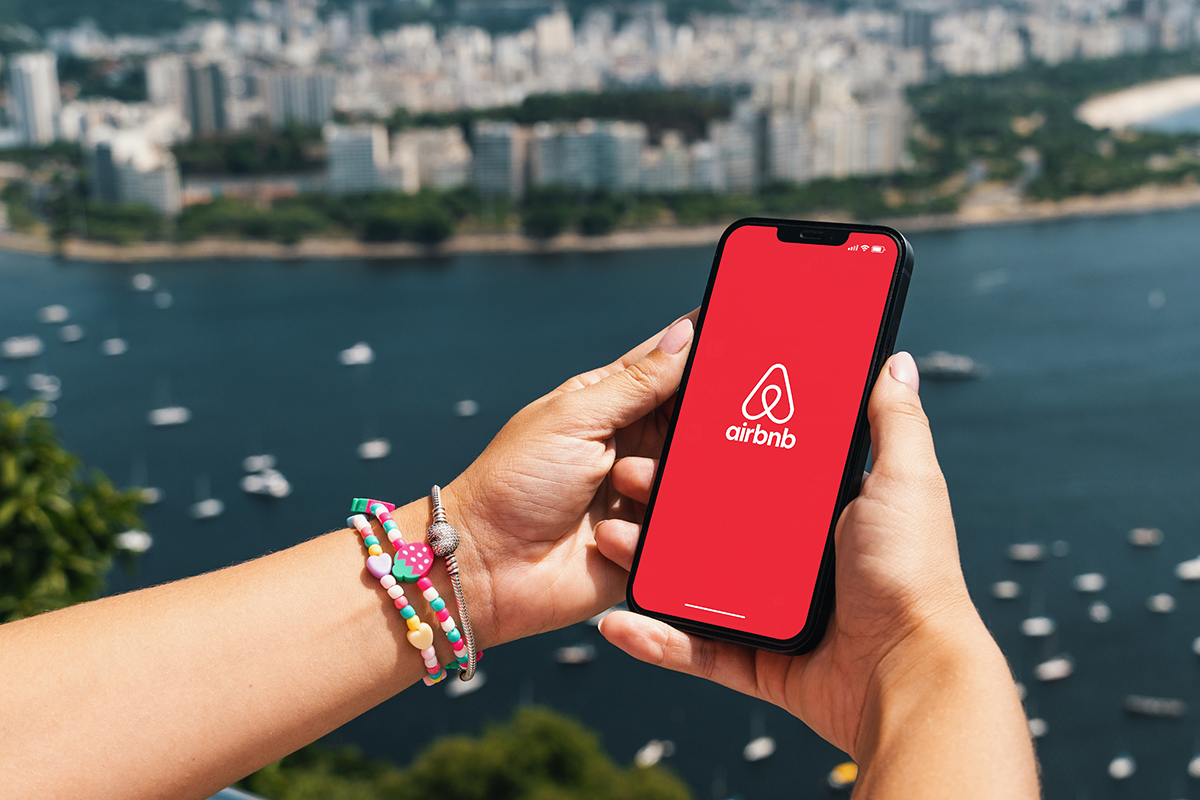Platforms such as Airbnb, Vrbo, and Booking.com now face significant limitations in New York due to the implementation of stricter regulations. These rules dictate how and when residents can list their homes for short-term rentals.
The esteemed newspaper, The New York Times, indicated that this measure could result in the massive removal of listings, marking a significant milestone in the longstanding dispute between major cities and shared housing companies.
Residents who breach these regulations could face fines of up to $5,000 for repeat offences. Meanwhile, the online platforms may be penalized up to $1,500 for transactions associated with unauthorized rentals.
These laws, which came into effect after overcoming several legal challenges, also require hosts to register with the city government. Additionally, intermediary companies must ensure that such registration has been approved before charging any related fees.
Out of the 3,250 registration requests received by August 28th, only 257 have been approved.
While the city has assured that guests will not be evicted from illegally rented properties unless they pose a hazard, reservations scheduled after December 2nd will be cancelled and refunded, according to Airbnb.
The city’s stance is that platforms like Airbnb have inflated rental prices and exacerbated the housing shortage in the city, directly impacting the homeless population and creating unfair competition for the hotel industry. Locals also associate short-term rentals with increased crime, noise, and cleanliness issues in buildings.
Airbnb believes these new rules amount to a de facto ban on its service. Some critics argue the city is pandering to the hotel industry, thus limiting affordable options for visitors.
Historically, New York has prohibited rentals shorter than 30 days unless the host is present. Despite restrictions on the number of guests and their access to the property, the city claims that companies like Airbnb have not adequately monitored their platforms to deter violations.
A recent judicial report revealed that over half of Airbnb’s 2022 earnings, amounting to $85 million, came from illegal rentals in the city, though the company disputes this figure.
Christian Klossner, from the City Mayor’s Special Enforcement Office, believes these rules provide a clear guideline for hosts.
These measures are seen as a win for the “Hotel and Gaming Trades Council”, an ally of Mayor Eric Adams and Governor Kathy Hochul, which has long resisted the expansion of these platforms.
To put things in perspective, last May, short-term rentals surpassed the number of properties available for long-term lease in New York. Furthermore, it’s suggested that many of Airbnb’s pricier listings fall under stabilized rental categories, unbeknownst to landlords and the general public.
In the ever-evolving landscape of the shared economy, New York City’s new regulations underscore the challenges cities face in balancing the interests of traditional industries with those of disruptive technologies. As platforms like Airbnb reshape the way people travel and experience cities, municipal governments are tasked with ensuring a harmonious coexistence that prioritizes both economic growth and the well-being of residents. Only time will tell if New York’s approach becomes a model for other cities worldwide or if further adjustments will be needed to strike the right balance.







